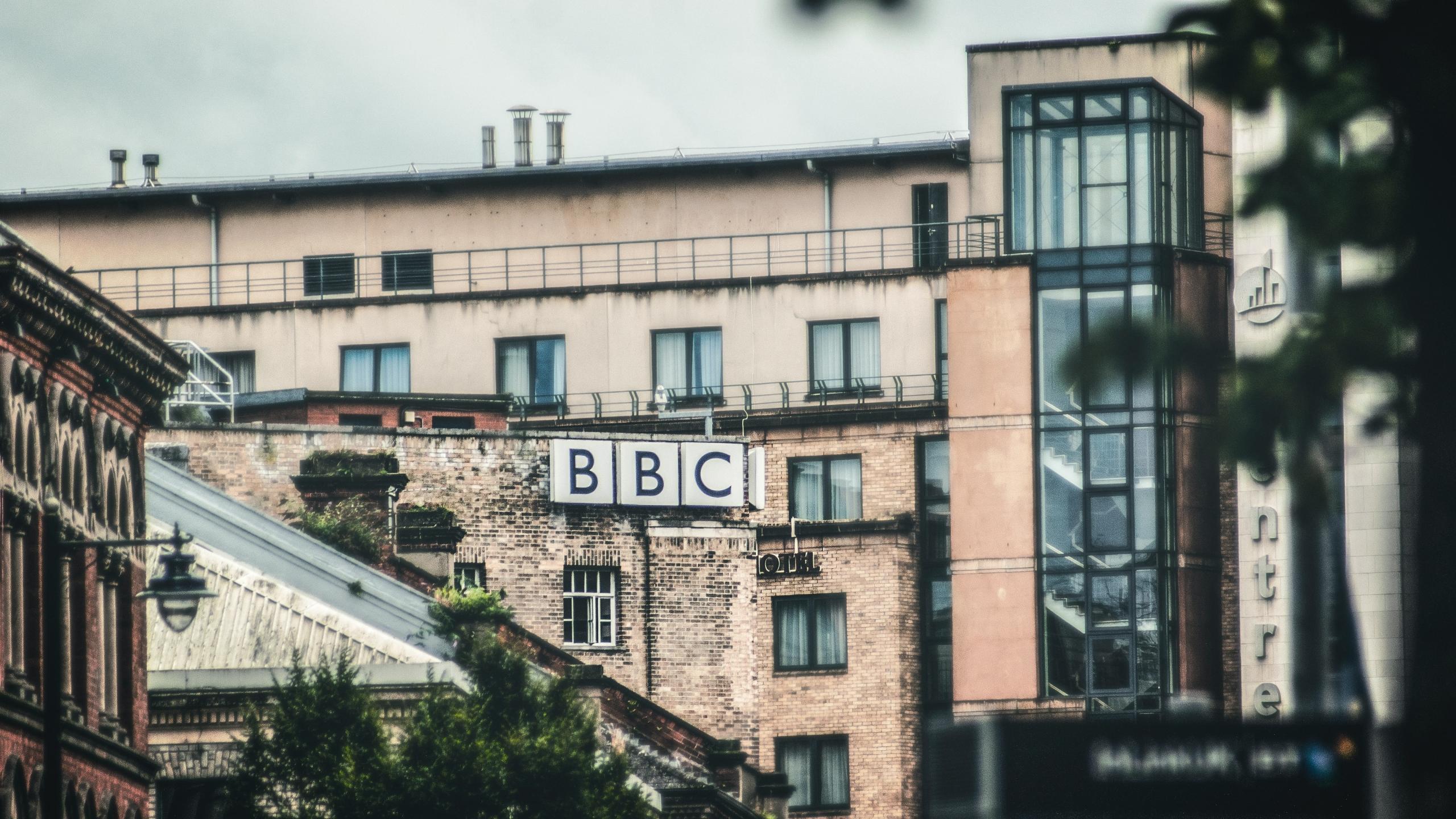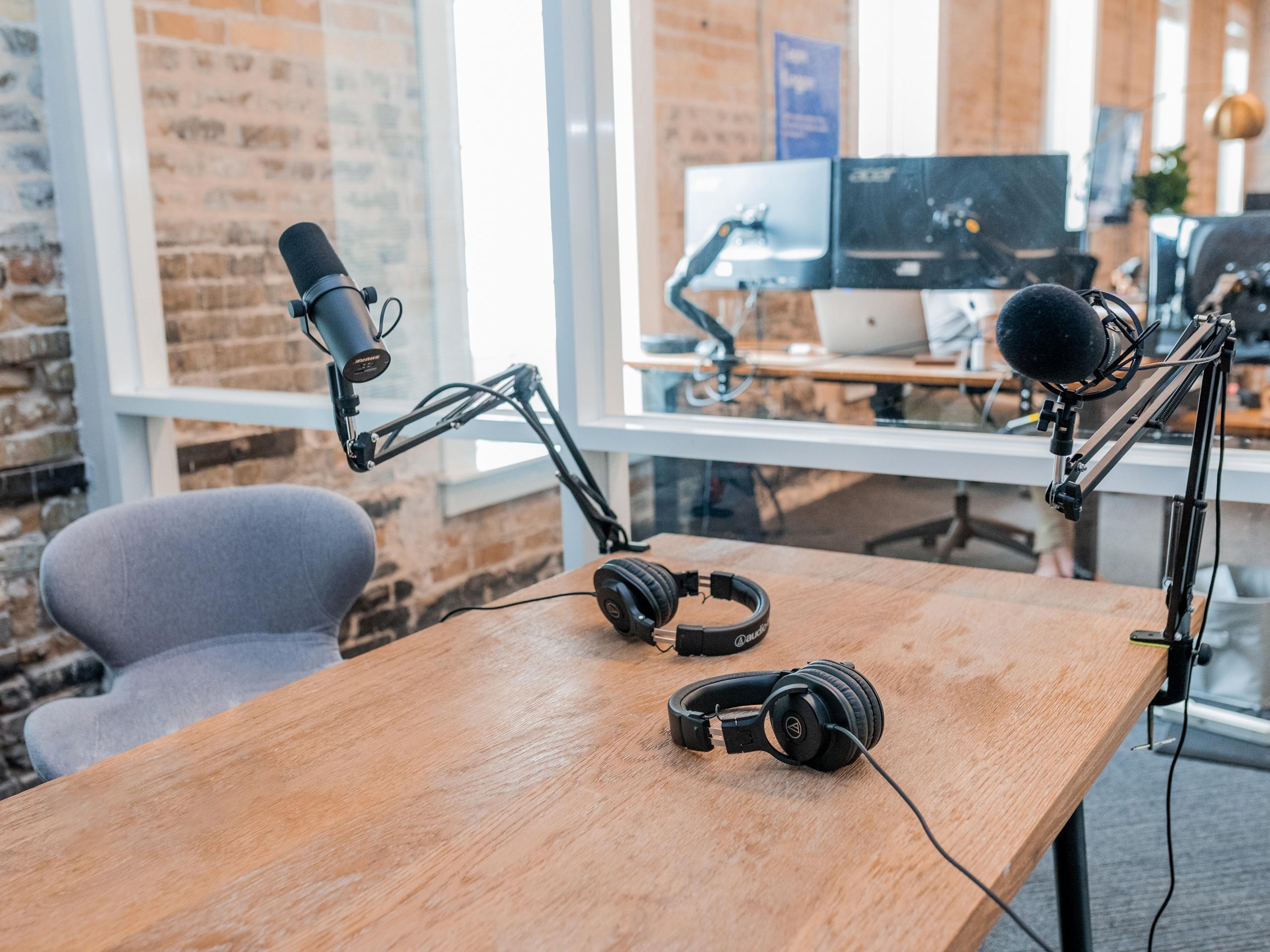The public media is responsible for the different news we get in Nigeria, Africa, and around the world. It involves passing information to the public via printed news, TV shows, radio, and the internet.
Back in the years, most of the public media firms of the world were owned and funded by the government without privatisation in the picture.
However, in recent years, private organisations have now owned public media firms, whereby the costs and funding do not involve the government.
Even though the public media is now privatised, the Nigerian government still has a way of influencing the private media sector and the information they provide through the News Agency of Nigeria (NAN) to take security measures.
This article will help you understand the privatisation of public media in Nigeria and its influence on the media sector.
Read on how to make money from social media in Nigeria.

Privatisation of Public Media in Nigeria
Government-owned enterprises, companies, and services are said to be privatised when a private or non-governmental organisation acquires them. It also involves the process by which companies and firms switch from publicly traded to privately held.
Also, privatisation of the public media means transferring the public media's ownership and control from the government to the private sector.
Privatisation is a good thing because it improves the economic output of specific sectors. Since the Nigerian government has many things to look into, they transfer the ownership of these sectors to private individuals. Many Nigerian sectors have been privatised.

Examples include electricity, schools, water supply, airport operations, and others.
Over the years, the news and TV channels were handled only by the government with no intervention from private organisations.
It seems the Nigerian government has been losing interest in the media business, which is evident in its recent impact on the media.
The private sector has taken it as a chance to keep the media running and generate revenues for themselves. Now we have various privatised companies in every state, from TV shows to Radio stations and even internet service providers.
One of the arguments in favour of privatisation is that it improves the performance of an enterprise since the operating management will have incentives to keep it accountable to people who have shares in the company.
Nigerian government firms, on the other hand, are usually ineffective in their performance, and they also don't pay optimal attention to what interests shareholders who risk their money in investing in the companies.
Due to this, the private sector has created a competitive environment that encourages technology, creativity, innovation, and positive performance.
This puts pressure on businesses to project and implement budget-friendly measures with their audience in mind for optimal performance.
Furthermore, the idea of privatisation of important public services like electricity, schools, health, water supply, etc., has gained a lot of attention, especially in countries of the world that have experienced tremendous change in their political and economic areas.
This is how money circulates in the Nigerian media!
Influence of Public Media Privatisation
After several years of development, radio and television broadcasting began a new phase when the federal government decided to allow private ownership of radio and television channels.
The rediffusion services launched in Lagos in 1932 mark the beginning of radio broadcasting. Their services include distributing programs and information from London's British Broadcasting Cooperation (BBC).
Broadcasting via television in Nigeria, which added a new dimension to the development of public media, started with regional initiatives in opposition to a radio broadcast by the Nigerian Federal Government.
The government ensured that the Nigerian Broadcasting Service (NBS) was established, and this happened in the year 1952.
In Nigeria, the establishment of states gave the new state government the power to launch television networks in their state. This brought about the Nigeria Television Service (NTS), which the Federation launched in collaboration with NBS.
The impact of privatised public media is a prominent one if we study the difference between media companies owned by the government and private enterprises.

Privatisation of government enterprises and services has helped expand what the public sector offers in Nigeria, Africa, and the world.
There's significant and widespread opposition to regulating the media industries and their associated policies. This is essential to maintaining public life and privatised media firms.
Instead, because of their importance in preserving public media, they are seen as unique by the governments in many countries of the world, including Nigeria.
Although media privatisation is increasing in Africa and different countries, governments try to step in to influence and maintain the power of the national media business via impact limits and other measures.
Nigerians have been debating the privatisation of public media repeatedly. The government decided to do something by raising measures to curtail the private media and maintain power.
The military government of Nigeria 1992 issued a decree to regulate private media communications in Nigeria. The only thing this did was promote order in the chaotic media environment.
Economic specialists and the government that supports privatisation and media market liberation often reject policies that the private sector project.
With all these odds, privatised media companies have gained support from the public and also those trying to protect their company shares. From privately owned television stations like AIT, Silverbird, etc., to over 500 privately owned FM radio stations around Nigeria.
There are over 40 radio stations in Lagos state alone, over 30 in Abuja, and lots of them in other states with new ones arising.
Today, many FM stations compete for the attention of their audience and those who will love to risk investing in their stations. They do media campaigns to get people's attention and increase their performance.
Over the years, the government has controlled the media for so many reasons, one of which is maintaining ownership and power over Nigeria's media.
Even though the privatisation of the media has brought high performance with their infrastructure, projects and performance, the government was not ready to risk leaving the media to them.
It was said that the media is essential to national economic development and shouldn't be left in the hand of private enterprises.
Aside from the positive impact of privatized media, it also has its downside, especially in developing countries like Nigeria.
We agree that political interference is absent, and there's been a significant development in dispensing information, but there has been religious and ethnic interference. Private media owners tend to project and run their media companies based on their religious or ethnic rule.
This has spread across the private media firms in Nigeria. Due to the services customers and shareholders get, they are forced to endure their religious and ethnic views.
Here's how other Nigerians make money from social media.
Importance of Public Media Privatisation
The desire to introduce competition into the delivery of state services to provide to the public more effectively and economically is a major driving force. Costs reduction is another major force.

If carried out properly, the privatization of the public media can do the following:
Improve Service Quality
Even if a service is retained internally, media quality can increase if competitive measures are implemented. This is also applicable to public media.
This means that private-public media service providers are motivated by competition to offer valuable and quality services to avoid the loss of investment partners, which is usually the opposite of government-owned media.
To achieve this, they put in the necessary infrastructure, study their competition, and develop projects that might appeal to their audience and investment partners. This also helps in developing privatised enterprises.
Better Maintenance
Private media owners have a strong initiative when it comes to maintaining the asset value and costs of their media investment.
Due to political considerations, the government frequently gives little interest to studying and maintaining the media, which in turn causes a rise in the overall long-term costs and expenditure.
The privatised media enterprises work toward tunning the costs and expenses down by looking for ways to increase revenues through their projects.
Absence of Political Influence
Governments are considered ineffective economic managers for public media since they are always driven by political ambitions instead of sound economic and business goals. This is usually absent in a privatized company.
With the increased rate of the private sector engaging in media administration, the public media privatization decreased political influence in media operation, thus giving it a free and fair press.
Read about how the media is financed in Nigeria and worldwide.
Improved Effort and Innovation
Private media management can drastically reduce operating costs and increase revenues through more flexible hiring techniques, job categories, and streamlined operating processes.
This has helped in developing the media. Private ownership usually encourages innovation to reduce costs and win contracts and shareholders.
The competition encourages privatised companies to create new and effective ways of delivering media services that aid performance and economic development. Most of the time, the public sector lacks these incentives.
Personalised Motivation
Motivation is what helps the private media take risks and attain success in their projects and operation goals. Privatised media management is always motivated to research, study, take the risk, and improve while developing new methods to increase revenues.
Summarise with AI:















